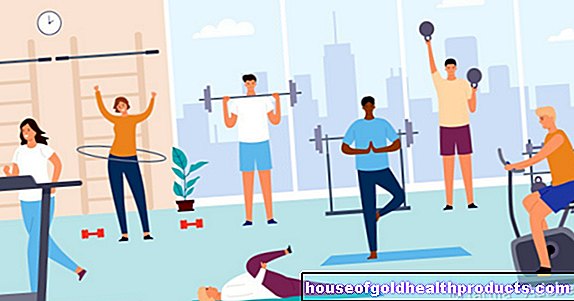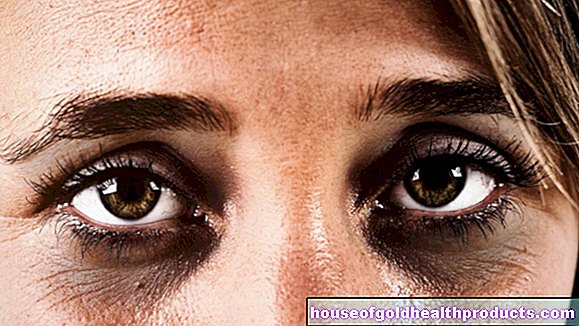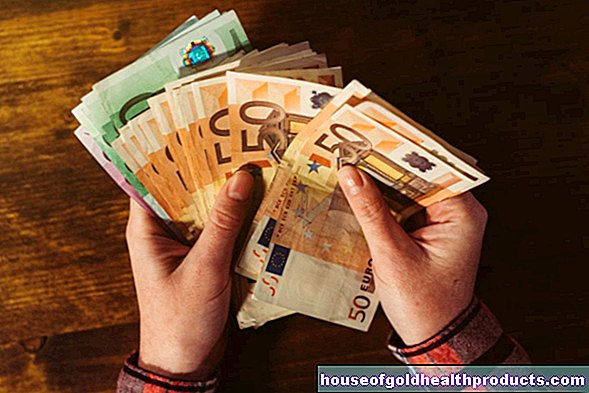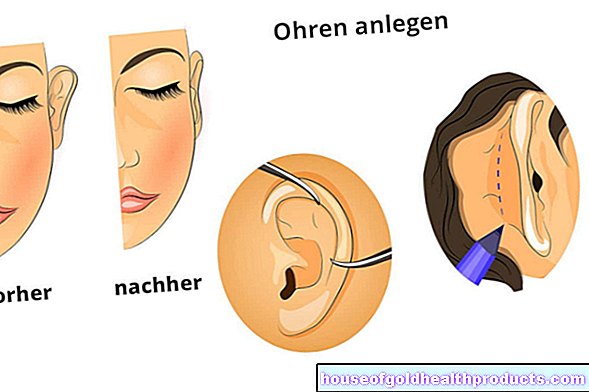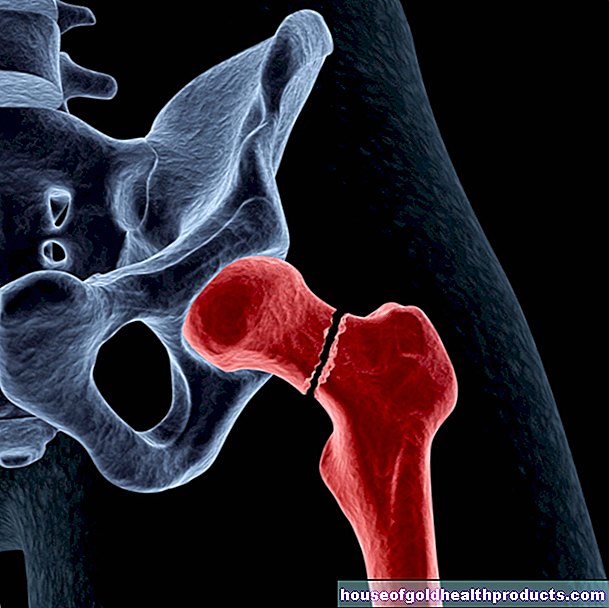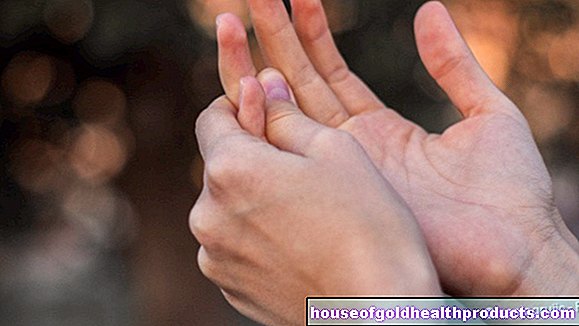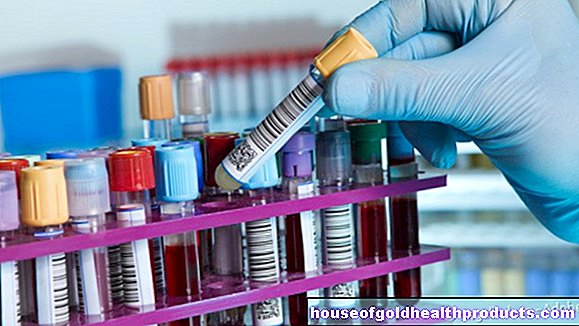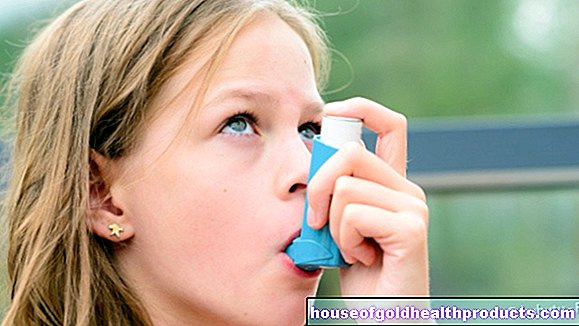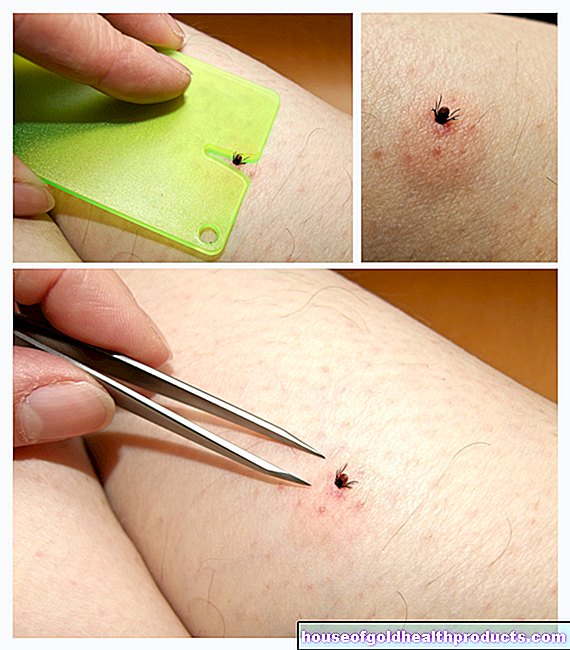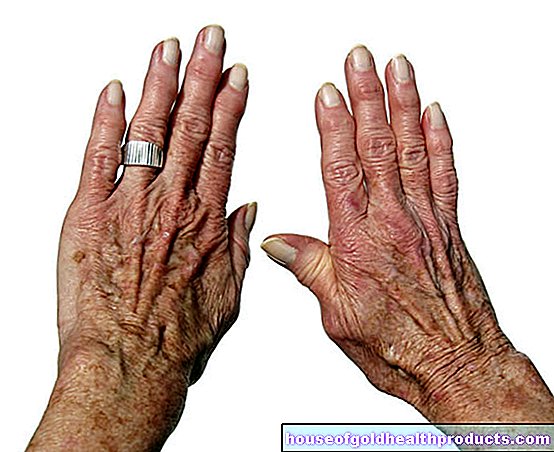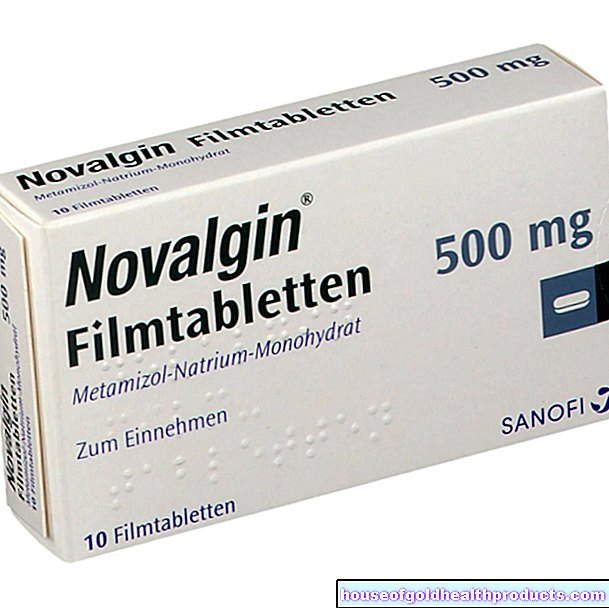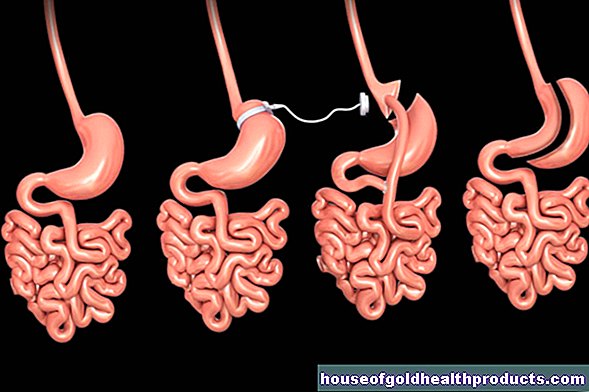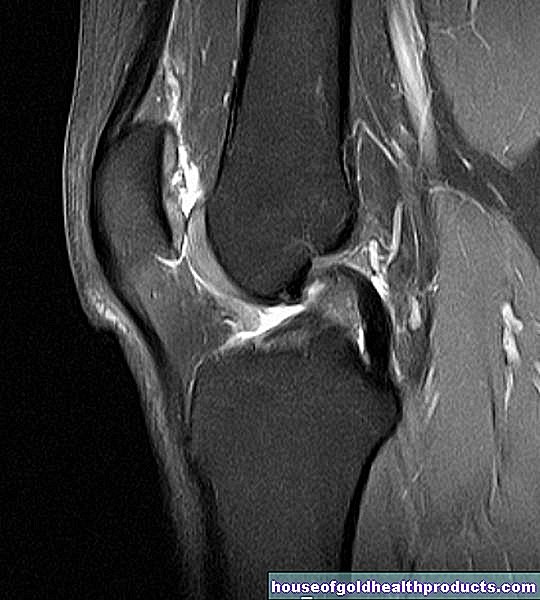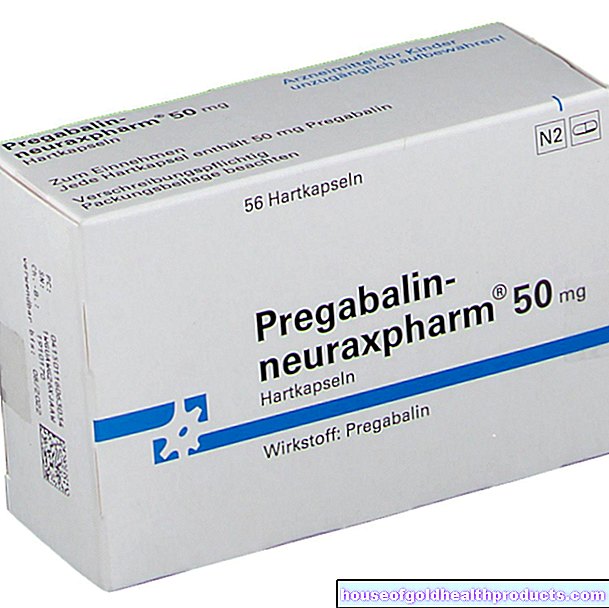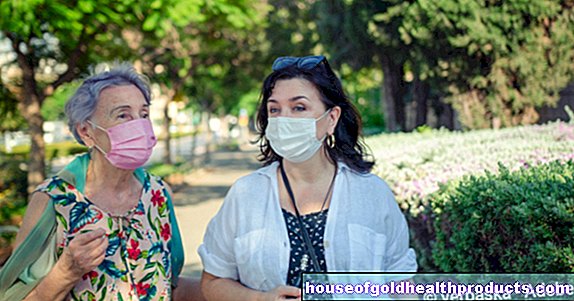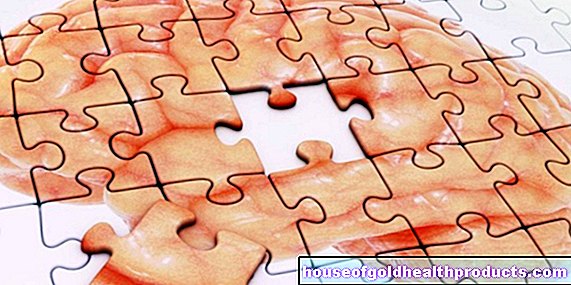Can apps support mental health?
Carola Felchner is a freelance writer in the medical department and a certified training and nutrition advisor. She worked for various specialist magazines and online portals before becoming a freelance journalist in 2015. Before starting her internship, she studied translation and interpreting in Kempten and Munich.
More about the experts All content is checked by medical journalists.The uncertainty caused by the coronavirus can hit the mind. Do digital offers help to alleviate stress and depression - or is going to the doctor the better choice?
iFightDepression: Free in times of crisis
Deutsche Depressionshilfe opened the free online service iFightDepression to all interested users during the corona crisis.
This self-management tool for people with mild depression, co-developed by the organization, is actually not accessible unaccompanied - only doctors or psychological psychotherapists who have undergone training in the use of this tool can usually give access.
At the moment, however, users can also register without the approval of a doctor or psychotherapist. 15,000 to 20,000 registrations were added, says Prof. Ulrich Hegerl from the German Depression Aid. However, free access is due to the special circumstances and should not be a permanent condition. "It will be restricted again in the course of the summer."
Specialist society also offers digital help
And the professional association DGPPN has also created an overview with possibly helpful offers for people who suffer from the consequences of corona, such as contact restrictions or job insecurity.
These include self-help programs, information portals and free hotlines for advice on the phone. If the problems do not improve, or if you have the feeling that you are actually mentally ill, you should always seek professional advice and have a diagnosis made.
A thicket of offers
iFightDepression and the DGPPN list are two of many online tools and apps for mental health: From stress relief to help with serious illnesses such as anxiety disorders - the market for apps and online offers is growing. Experts see opportunities in this - but also risks. And for users, the central question arises: Which applications are good and reliable?
First of all, it depends on which offer you are talking about: There are applications for promoting mental health - that is, which are supposed to help people to stay mentally balanced. Then there are programs that convey information about certain illnesses and applications for self-help that help sick people, for example, to structure their day better.
Finally, there are internet-based programs that are geared towards cognitive behavioral therapy - these can be used in patients with a mental illness.
Structure for the market, quality criteria for the apps
Meanwhile, programs have been developed for a variety of mental disorders, most of them for the treatment of depression and anxiety disorders, says Iris Hauth, board member of the German Society for Psychiatry and Psychotherapy, Psychosomatics and Neurology (DGPPN).
Such digital interventions have to meet certain quality criteria and their effectiveness has to be proven, the expert emphasizes. "Similar to what is required for new drugs or psychotherapy methods."
In the past few years, your professional association has participated in the development of criteria for such offers, which are also known as e-mental health applications. Hauth observes that the market for such offers is growing - and it needs to be structured. Because it is confusing for laypeople and experts alike.
App directory from the Federal Institute
The Federal Institute for Drugs and Medical Devices (BfArM) is making a corresponding attempt. The agency is working on a directory for digital health applications, or DiGA for short.
Before apps and online programs appear in this directory, they are checked, among other things, for data protection, functionality and their actual medical benefit - manufacturers have been able to submit their products since May. The federal institute announced that the first applications could be listed from the end of August 2020.
Statutory health insurance companies pay
If health apps are listed in the BfArM directory, doctors can prescribe them and statutory health insurance pays the costs. This is what the Digital Supply Act provides. This is an important first step towards transparency and quality, says Iris Hauth. Those affected, doctors and psychologists would get a better overview.
However, the medical director and chief physician of the Alexianer St. Joseph Hospital Berlin-Weißensee also says: The decisive factor are the criteria that determine the effectiveness and patient safety of an app. And these have not yet been clearly defined.
Prof. Ulrich Hegerl from the German Depression Aid also says: "The register can offer added value in any case - if the evidence is carefully checked."
Offers can be counterproductive
Ideally, the registry protects those affected from programs that make their condition worse rather than better. "There are some applications that were clearly not made by experts: Depressive illnesses are confused with reactions to difficult living conditions or more sleep is recommended because of the feeling of exhaustion - this is usually counterproductive," explains Hegerl.
In principle, experts tend to recommend professional accompanying offers. Studies have shown that they are the most effective in comparison and also have the lowest dropout rate.
Anyone who has psychological problems should therefore always consult a psychiatrist or psychotherapist. Because diagnostics do not replace applications, says Iris Hauth. Only when the diagnosis has been established can a suitable online offer for support be suggested to patients.
For this reason, Ulrich Hegerl is critical of unaccompanied services for severe mental illnesses.
Apps as a bridge?
However, if you are ashamed to go to a therapist or are afraid of it, e-mental health applications or video chats could significantly lower the inhibition threshold, explains Iris Hauth. Those who travel a lot for work or are poorly provided with specialist practices at their place of residence could also benefit from this.
So apps as a bridge for the sometimes months-long waiting time for a therapy place? Ulrich Hegerl sees this rather critically, at least in the case of moderate to severe depression: it can easily overwhelm a depressed person and plunge them into even greater despair, he says. (caf / dpa)
Tags: sleep diet toadstool poison plants


